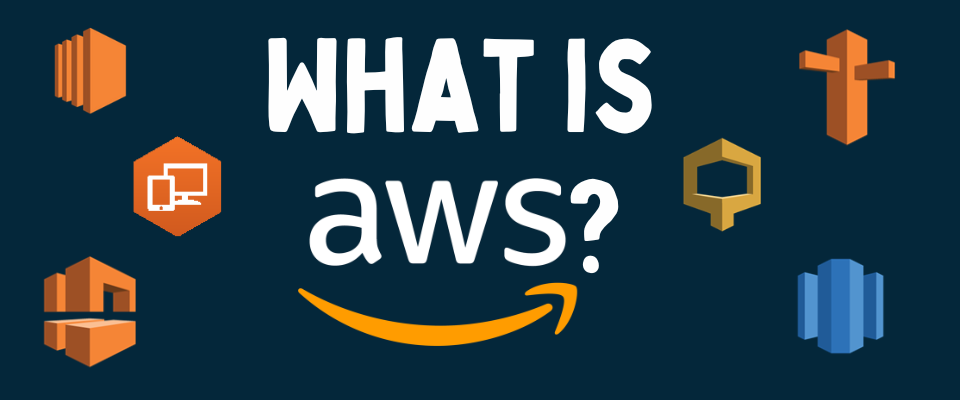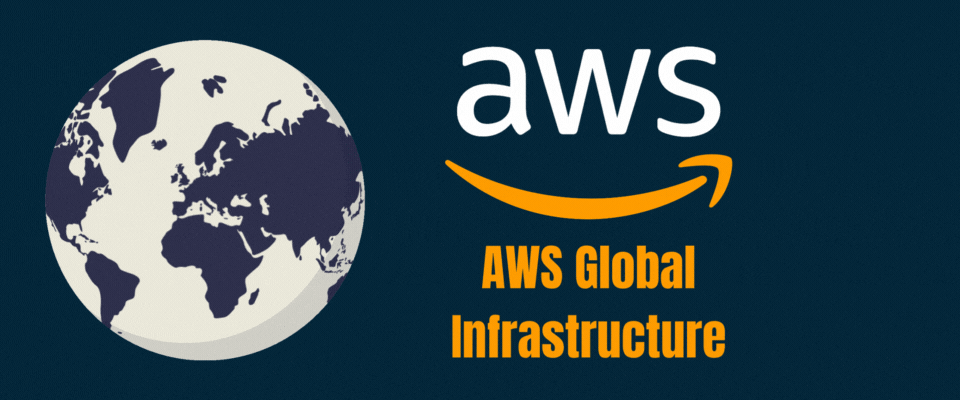Cloud - Certificate
What is Amazon AWS?

What behind Amazon AWS?
Amazon Web Services (AWS) is a comprehensive and globally recognized cloud computing platform provided by Amazon.com. It encompasses a diverse range of cloud services, granting businesses, individuals, and organizations access to essential computing resources, storage, databases, networking capabilities, analytics tools, machine learning, and more, all without the need to invest in and oversee physical infrastructure. With over 200 fully-featured services accessible from data centers worldwide, AWS serves millions of customers, including startups, major enterprises, and government agencies. It empowers them to reduce costs, enhance agility, and accelerate innovation. AWS operates on a pay-as-you-go basis, offering on-demand cloud computing platforms and APIs. This robust platform has evolved since its inception in 2002, transforming the way organizations access and utilize compute power, storage, and content delivery services across 190 countries, making it indispensable for various sectors, from government to education and beyond.
AWS: The Leader
AWS Named as a Leader in the 2022 Gartner Cloud Infrastructure & Platform Services (CIPS) Magic Quadrant for the 12th Consecutive Year
Here is an interesting article - Gartner Magic Quadrant: Magic Quadrant for Cloud Infrastructure and Platform Services

AWS Global Infrastructure
Amazon Web Services, being a prominent global public cloud provider, relies on an extensive network of infrastructure to seamlessly deliver its ever-expanding suite of cloud services to customers worldwide. Letös delve into the intricate architecture that forms the backbone of AWS's Global Infrastructure.
The major components are:
- Availability Zones (AZs)
- Regions
- Edge Locations
- Regional Edge Caches
- Local Zones
- Wavelength Zones
- Outposts
Major services within AWS
- Compute Services:
- Storage Services:
- Database Services:
- Networking:
- Analytics and Big Data:
- Machine Learning:
- Security and Identity:
- Developer Tools:
- Management and Monitoring:
- IoT (Internet of Things):
- Containers:
- Serverless Computing:
AWS provides various options for virtualized computing power, including Amazon EC2 (Elastic Compute Cloud) for scalable virtual servers and AWS Lambda for serverless computing.
AWS offers a range of storage options, including Amazon S3 (Simple Storage Service) for scalable object storage, Amazon EBS (Elastic Block Store) for block storage, and Amazon Glacier for long-term data archival.
AWS provides managed database services such as Amazon RDS (Relational Database Service), Amazon DynamoDB for NoSQL databases, and Amazon Redshift for data warehousing.
AWS offers Virtual Private Cloud (VPC) for creating isolated networks, AWS Direct Connect for dedicated network connections, and various other networking services for routing and load balancing.
AWS offers services like Amazon EMR (Elastic MapReduce) for big data processing, Amazon Athena for interactive querying, and Amazon Kinesis for real-time data streaming.
AWS provides a suite of machine learning services, including Amazon SageMaker for building and deploying machine learning models and services for computer vision, natural language processing, and speech recognition.
AWS Identity and Access Management (IAM) is used for managing access to AWS resources securely. AWS also provides services like AWS Key Management Service (KMS) for encryption and AWS Identity Federation for single sign-on (SSO).
AWS offers tools and services to aid in development and deployment, such as AWS CodePipeline for continuous integration and continuous delivery (CI/CD) and AWS CodeBuild for building applications.
AWS provides services like AWS CloudWatch for monitoring, AWS CloudTrail for auditing and tracking changes, and AWS Management Console for managing resources.
AWS IoT Core helps connect and manage IoT devices securely and offers services for data processing and analysis from IoT devices.
AWS has services like Amazon ECS (Elastic Container Service) and Amazon EKS (Elastic Kubernetes Service) for container orchestration and management.
AWS Lambda allows developers to run code without provisioning or managing servers.
In a nutshell.
AWS is known for its scalability, flexibility, and reliability, making it a popular choice for startups, enterprises, and individuals looking to leverage cloud computing resources to build and scale their applications and services. It has data centers located in regions around the world, allowing users to deploy resources in proximity to their target audiences for improved performance and redundancy.










